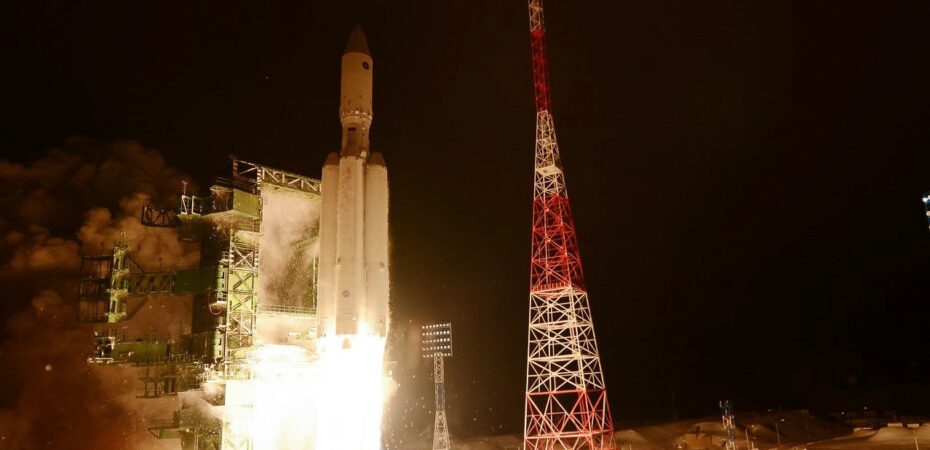Original article: https://arstechnica.com/science/2021/12/a-state-aligned-russian-newspaper-reviews-the-space-program-and-its-scathing/
Reporting on an article that appeared in the Russian newspaper MK on December 13[1], Eric Berger, in Ars Technica, agrees with the original source about the incoming rapid collapse of the Russian Space Program.
Almost all the problems listed by MK such as missed deadlines, anomalies and accidents, the enormous delay in the development of the Orel spacecraft and a backward production infrastructure are real[2]. However; numerous analysts, Russian and non-Russian, in recent years have questioned the real conditions of the Russian Space Program and things need to be put in perspective.
The current administrative and institutional structure of the Russian space sector is the result of a complex reform process that began in 2013 and has stabilized in 2017[3]. When this process began, the situation was extremely more complex than today and in addition to the total absence of new projects there was also the total dependence on what was left of the USSR. Today the situation has greatly improved despite the economic crisis of 2008 and the consequences of economic sanctions after the Ukrainian crisis. Stagnation is real but is due to still unresolved factors in the transition from the Soviet economy to the present one.
What the article fails to analyze in depth is the role that the new Angara rockets and the new Vostochny Cosmodrome could play for the Space Program. In a few years, with undeniable delays, Russia will be equipped with a cosmodrome safe from international tensions and foreign interference and new rockets capable of ensuring complete access to Earth and lunar orbits.[4]
If the technology behind the Angara proves to be efficient and economically competitive new economic flows could fall back into the Russian space sector, generating growth, hopefully, also in the private sector.
It is no coincidence that on December 16th the administrative director of Roscosmos Sergei Krikalev expressed the need for a strong rationalization and privatization of the Russian space sector.[5] With large-scale state projects and a private and commercial sector stimulated by these state projects, Russia can emerge from stagnation, bringing benefits both to the domestic and international space economy.
While much of the Russian government propaganda regarding space is unrealistic, it is true that the main priorities of the Federal Space Program 2016-2025[6], i.e. ensuring guaranteed access of the Russian Federation to space from its territory, the fulfillment of international obligations, the creation of rocket and space technologies and international cooperation are being delivered – albeit with some delays.
In conclusion the Russian space program is neither rotten nor close to collapse, instead it is undergoing a painful restructuring and if space remains a priority of the Russian government (which is very likely), Russia has all the cards in place to maintain and enhance its role as a space power.
[1] https://www.mk.ru/social/2021/12/13/kosmos-gniyushhiy-iznutri-rossiya-skhodit-s-orbity.html [in Russian]
[2] Florian Vidal, “Russia’s Space Policy: The Path of Decline?”, Études de l’Ifri, Ifri, January 2021.
[3] Aliberti, M., Lisitsyna, K., Russia’s Posture in Space. Studies in Space Policy, vol 18. Springer, Cham. 2018
[4] Nesterov, V. E.; Kosmicheskij raketnyj kompleks ”An- gara” Istorija sozdanija. (Space rocket complex ”Angara” History of creation) Book one. Izdatel’stvo REMARKO, Moscow, 2018. [in Russian]
[5] https://tass.ru/kosmos/13219775
[6] Roscosmos (2016) Main Provisions of the Federal Space Program 2016‒2025, available at https://www.roscosmos.ru/22347/ [in Russian]
